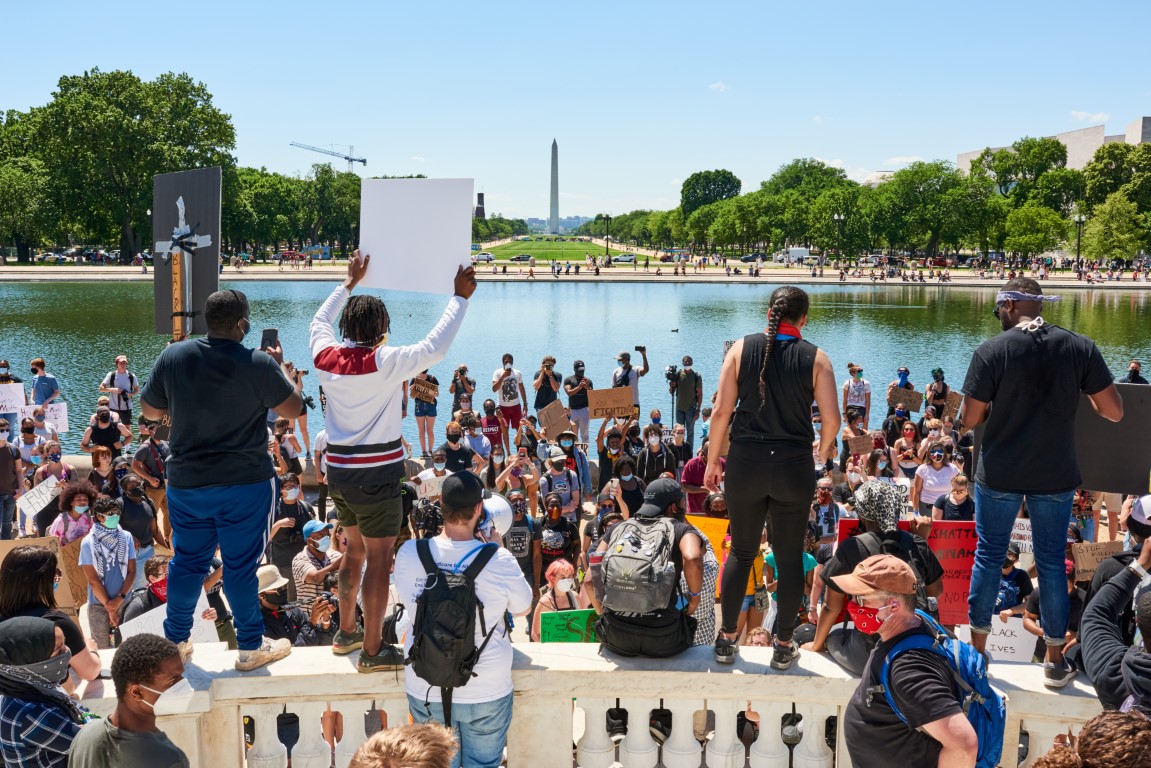
Race struggles in the USA
By Matthew Fraser, Opinions Editor
There is a land that exists in the minds of many. It’s a land of boundless opportunities and freedom. It’s a place where the only thing separating one from prosperity and serenity is time and effort. It’s a land that many of its denizens continue to describe as the “shining city on the hill”; this place doesn’t seem to exist for roughly 13 percent of its population. The description given by some African Americans in the USA as well as many of the people who claim to speak for African Americans is a place of loss, fear, and hopelessness. Yet for all of the ardent vocalizations, some white Americans don’t see this separation between black America and its white counterpart. With the understanding that these are the extreme camps, for some white people the streets are filled with black pain, and for others black suffering is inconsequential and mostly self-induced.
There lies an eternal problem between the black voter and their frequently white political leader: it’s the problem of pandering and misunderstanding. Worse still is when the problem escalates into outright neglect. When Joe Biden said “If you have a problem figuring out whether you’re for me or Trump, then you ain’t black” he reinforced the notion that Democratic leaders have taken the black vote for granted. Indeed, the fact that a white politician felt comfortable enough to explain what actions were suitable for black people to engage in underlines the idea that Democrats believe the black vote belongs to them and is something to be demanded as fealty at every election.
After the murder of George Floyd galvanized the American population and sparked riots, the sitting president felt the need to state that “[…]These THUGS [those there to riot—not protest] are dishonoring the memory of George Floyd, and I won’t let that happen. Just spoke to Governor Tim Walz and told him that the Military is with him all the way. Any difficulty and we will assume control but, when the looting starts, the shooting starts” in a tweet pledging military support to Minnesota Governor Tim Walz. Nothing could have further illustrated to black voters how far from potential understanding the president is. Though there is no doubt that arson is illegal, it is a by-product of peaceful protests being struck down or even ridiculed that people feel that they must destroy the very building that houses their oppression. A president that says “The Governor of Michigan should give a little, and put out the fire. These are very good people, but they are angry. They want their lives back again, safely! See them, talk to them, make a deal,” to armed protesters wanting a state (Michigan) to reopen after COVID-19 (granted there was no bloodshed or rioting) while suggesting state violence against those riot-ready peaceful protesters who feel their cries have always been ignored sides not with justice or the greater good of America, but an order based off of conditioned white comfort and directive.
“Sir, I’m asking you to stop recording me. (Please don’t come close to me.) Please take your phone off. (Please don’t come close to me.) Then I’m taking pictures and calling the cops.” Nothing could have softened the video of a flustered Amy Cooper vowing to call the police and tell them that an African American man was threatening her life after he refused to stop recording her. There was nothing to hide the intended malice. There was no mask to cover the rage that motivated her to fake urgency and fear in order to summon the police force to punish a black man for giving her orders. In that moment Cooper must have seen the police as the only reasonable punishment for a black person stepping out of place.
It seems like for decades the police have been the go-to tool for white malice against the black audacity to live outside of TV screens and entertainment venues. Worse still, is that to the cynical eye police have been willing to show up and deal out punishment on demand. Thusly, in the consideration of race relations in America (at least relations between white Americans and black Americans) some are left thinking that black Americans are short on friends in power and short on friends in the street. Amy Cooper was a registered Democrat who had donated to a number of official causes, yet that did not stop her from falsifying a police report to punish a black man who wanted to keep recording her with his phone. Joe Biden is the Democratic presidential candidate and yet he seems to believe that the black vote is his by right and that his entitlement looms large enough to determine who is and who ain’t black.
There are fears that the justice system will deal Derek Chauvin (the police officer charged with Floyd’s death) a most charitable and unjust hand, and with the way history in similar cases has borne out, it’s hard to say that’s unfounded. Indeed, it looks to me as if race relations in America are only slightly ahead of the 1992 LA riots, or their successor the 2014 Ferguson riots.
In my eyes the city on the hill is shining because it is burning once again.
